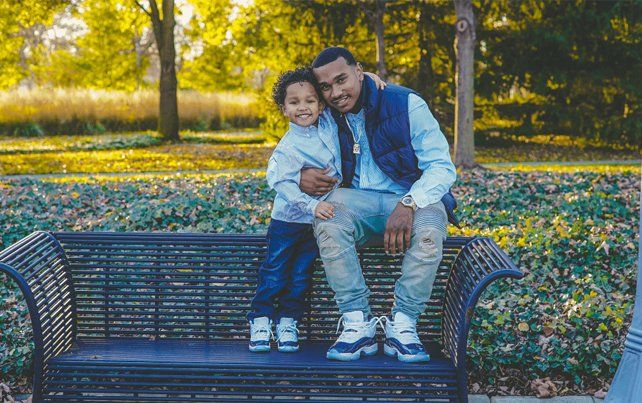What are the Rules Governing Visitation after the Termination of Parental Rights?
Jun 4, 2018 | Custody, Divorce, Family Law, Latest

In a perfect world, families would happily live together in harmony.
Unfortunately, we don’t live in a perfect world, and problems within families happen. Often, families can work out their difficulties themselves, other times, court systems need to step in and take charge.
Most courts look at the well-being of the children or child when determining the outcome of a family law case. Especially if their determination includes the terminating a parent’s rights. To some parents, this may seem like the end of their relationship with their child or children, but it doesn’t need to be. There can be visitation after termination of parental rights, determined in a case-by-case and state-by-state basis.
Parental rights are very rarely taken away. It generally only occurs in cases where a child is abused or severely neglected. Parents can also request to voluntarily give up their parental rights. In either case, the best interest of the child or children is at the heart of the case.
Parents have a legal responsibility and obligation to care for their child.
This includes physical custody, providing food, shelter and medical care, and protecting the child from harm. A child who is removed from its parents’ physical custody is placed either temporarily or permanently into the state’s care, and placed into a group home, an institutional setting, or with a relative or non-relative.

Visitation after Termination of Parental Rights
Termination of parental rights is essentially the legal cessation of that parent-child relationship. This means that the parents no longer have rights regarding their child and that child is free to be adopted. Most states do not allow visitation after parental rights have been terminated, but this ruling may vary from jurisdiction to jurisdiction. However, if the child is adopted, the adoptive parents and the biological parents may enter into an open adoption agreement (not enforceable by law) where visits are allowed. The adoptive parents can end that agreement if they feel it is in the best interest of the child.
Some states offer a
subsidized guardianship program that allows a child to be placed with a guardian or other relative until they are of legal age, with parental rights of visitation. Check with a local family law attorney to find out more.
Reinstatement of Parental Rights
In most states,
once a parent’s rights have been terminated, it is difficult to have them reinstated
– but not impossible.
If a parent can show an above-average improvement in their ability to care for their child, the parent or parents may petition the court that originally terminated the parental rights to reinstate their parental rights. That court will then decide whether the parent shows evidence that he or she can effectively care for their child. Federal law dictates that parents typically have just 15 months to prove their capability, which can be difficult when dealing with addictive disorders.
Originally, the reinstatement procedures were allowed to enable children who were older and aging out of foster care, to re-establish relationships with their parent(s). However, allowances vary from state to state, usually under the condition that a child has not been placed permanently into a foster home.

Contact a Family Law Attorney
If your parental rights were terminated, can they be reinstated? It is a possibility.
Speak to a family law attorney to learn more about restoring parental rights and the circumstances and rules governing the visitation after the termination of parental rights in Virginia, or in your state.
Contact Pond Law Group. Our legal team
specializes in family law and is here to help you, whatever your need.
REQUEST A CONSULTATION TODAY!
SUBMIT A COMMENT
Your email address will not be published. Required fields are marked *
RECENT POSTS
Categories
Custody
Divorce
Family Law
Latest






















